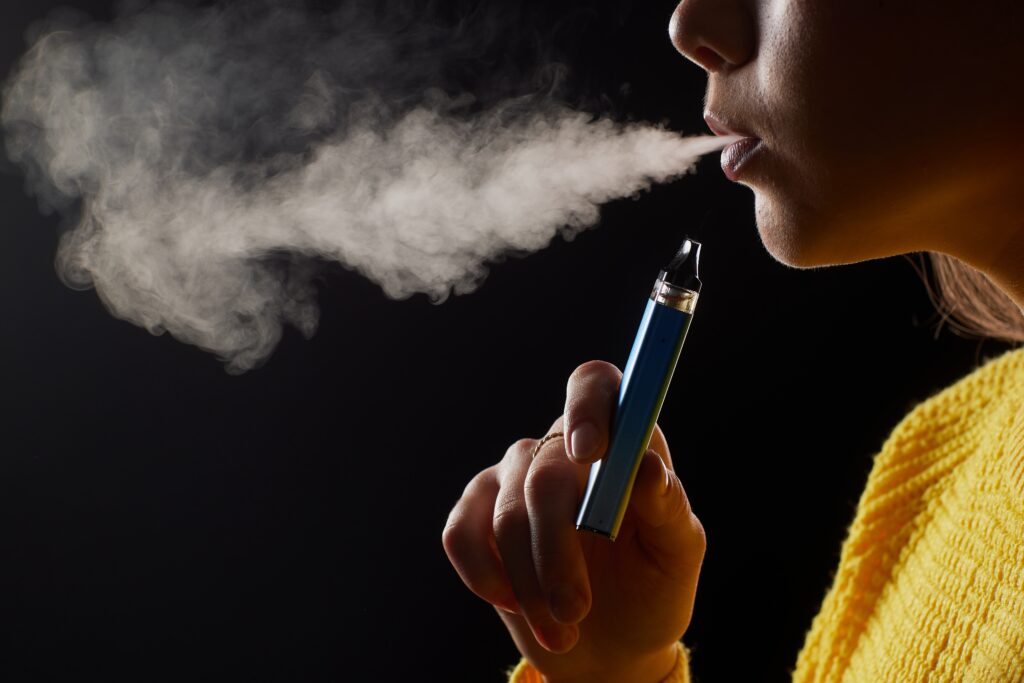The Co-op has instructed staff to increase the visibility and promotion of vapes in its stores in an effort to recover from a devastating cyber-attack that severely dented sales.
An internal document titled “Powering Up: Focus Sprint: Cigs, Tobacco and Vape” — seen by The Guardian — reveals that the retailer is introducing new vape displays, in-store advertisements, and a wider range of vaping products and nicotine pouches to offset an estimated £1m in lost sales per week.
According to the document, cigarette, tobacco, and vape sales “haven’t recovered compared to pre-cyber,” with 100,000 fewer weekly transactions. The report blames customers forming “new habits” and shopping elsewhere after the April hack, which caused widespread stock shortages.
While the Co-op’s actions comply with UK laws and government health guidance, some staff members have expressed concern that the strategy undermines the company’s reputation as an “ethical retailer”.
One employee told The Guardian: “The Co-op has always stood for doing the right thing. This feels like exploiting a health issue for profit — it goes against everything the brand represents.”
The push comes amid growing government scrutiny of the vaping industry. The UK’s forthcoming tobacco and vapes bill will ban vape advertising and sponsorship and impose restrictions on flavours, packaging, and in-store displays to curb youth vaping.
England’s chief medical officer, Prof Chris Whitty, has repeatedly warned: “If you smoke, vaping is much safer; if you don’t smoke, don’t vape.”
A Co-op spokesperson defended the move, saying the chain “remains committed to ethical values and responsible retailing,” and that vape sales are “fully compliant with legislation and guidelines, in their recognised role as a route to smoking cessation.”
The cyber-attack earlier this year forced the Co-op to shut down parts of its IT infrastructure, leaving empty shelves in food stores and disrupting funeral services across the UK. The company estimates the incident wiped out £200m in sales and will cost about £120m in full-year profits.
The internal document forms part of a broader “Power Up” strategy designed to revive performance across all product categories following the attack.

